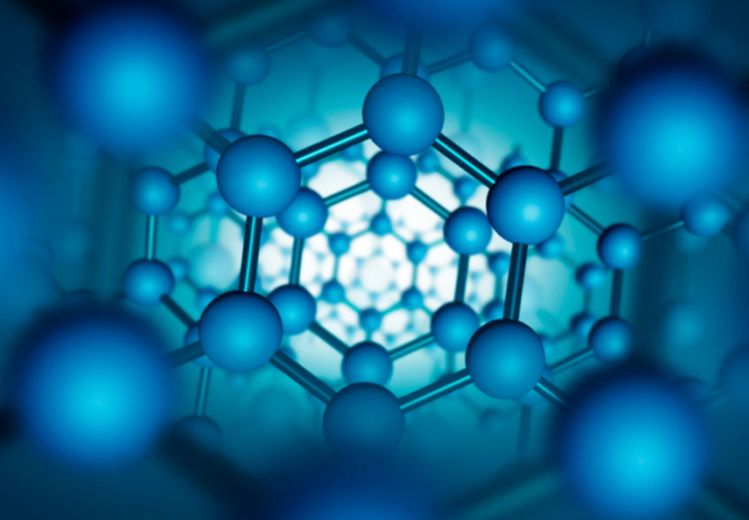Tackling global clean energy challenges through nanomaterials research

Sponsored by

Sponsored by

Experts at City University of Hong Kong are helping pave the way towards net zero
As communities worldwide race to meet net zero goals, universities face ever more pressure to develop innovative solutions to long-held environmental challenges.
At City University of Hong Kong's (CityU) College of Science, researchers are exploring the potential of nanomaterials to replace fossil fuel-based products across a range of applications, from renewable energy storage solutions to reducing waste and improving resource efficiency.
Nanomaterials are made of very small substances measuring between one and 100 nanometres in at least one single dimension. Nano-sized particles exist in nature and can be created from a variety of products, such as carbon or minerals like silver.
According to Hua Zhang, Herman Hu chair professor of nanomaterials in CityU’s Department of Chemistry, nanomaterials also present “tremendous opportunities to advance human welfare in many areas, including catalysis, energy storage, photovoltaic energy conversion, environmental remediation and agriculture”.
The tiny materials can be used in water purification systems to remove pollutants, explains David Lou, chair professor of materials chemistry in the Department of Chemistry. “In addition, nanomaterials can be used to make lightweight and durable materials, reducing fuel consumption and the need for frequent replacements,” he adds.
Lou and Zhang are focusing on developing nanomaterials for use in sustainable energy storage and conversion technologies – both key priorities for Hong Kong as outlined in the government’s Climate Action Plan 2050.
One area of research, in collaboration with academic partners from Zhejiang University of Technology in mainland China, involves the development of batteries with enhanced safety, high energy density, and prolonged lifespan. Such advancements can enable large-scale energy storage and provide reliable power for electric vehicles and portable electronics.
“We are working on engineering the phase of nanomaterials, i.e., their atomic arrangements, to improve their catalytic performance,” Zhang explains. “Up to now, we have developed a lot of highly efficient electrocatalysts with unconventional phases.”
In particular, Zhang is proud of his group’s recent progress in developing unconventional 1T′-phase transition metal dichalcogenides (TMDs), a type of nanomaterial generating a lot of interest among scientists for its unusual, semi-metallic properties. “We have developed a general synthetic method to realise the large-scale preparation of a series of TMDs with high phase purity,” Zhang says.
Going forward, the department will seek to collaborate with industry as well as fellow academics from different disciplines. This “can help bridge the gap between academic research and commercialisation,” Lou explains.
“It is important for us to collaborate with industry partners, especially those who are interested in developing highly efficient electrocatalysts,” adds Zhang, whose team has filed more than 10 patent applications from the research so far. “We are enthusiastic about any possible commercialisation of our developed catalysts with unconventional phases.”
The Hong Kong government has also demonstrated its support for nanomaterial research through various dedicated funding programmes, Zhang says, making CityU an ideal hub for researchers in the field.
Looking to the future, Zhang and Lou hope to provide innovative solutions to real-world problems, advance scientific knowledge and promote technological innovation through their nanomaterial research.
“We can make significant contributions to the advancement of sustainable energy storage and conversion technologies, with the ultimate goal of addressing global energy and environmental challenges and paving the way for a low-carbon and sustainable future,” Lou concludes.
Find out more about the Department of Chemistry at CityU.